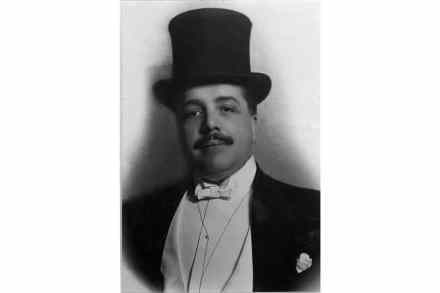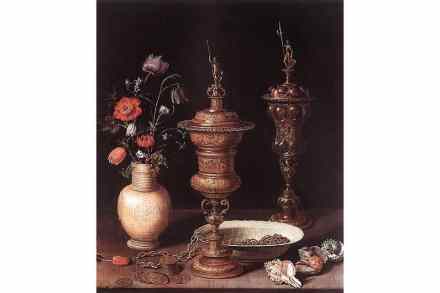Robert Harris’s gripping Act of Oblivion is let down by anachronisms
When Charles II became king of England in 1660, he pardoned most of those who’d committed crimes during the civil war and Commonwealth. The Act of Indemnity and Oblivion, from which Robert Harris’s propulsive new novel takes its title, promised to wipe the slate clean and ‘bury all seeds of future discords’. But the monarch, generally tolerant, made an exception of the 59 men who, 11 years earlier, had signed his father Charles I’s death warrant. Act of Oblivion opens on a drowsy midsummer day as two of those 59, having fled across the Atlantic, arrive in Boston. One is Oliver Cromwell’s cousin, Edward Whalley, and the other Whalley’s son-in-law,




















